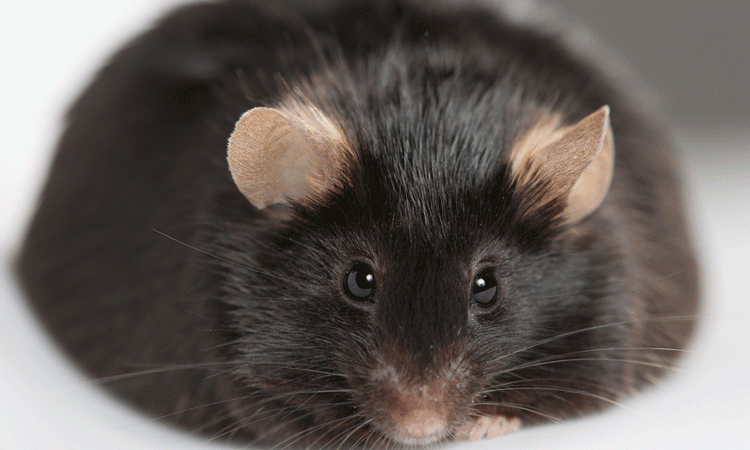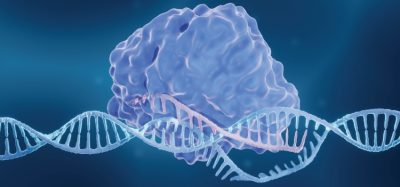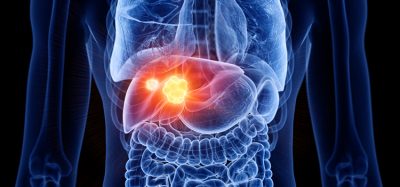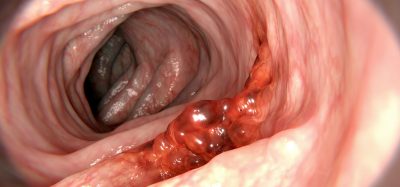Researchers reverse obesity in mice using CRISPR-Cas9
Posted: 30 August 2019 | Victoria Rees (Drug Target Review) | 1 comment
A study has used CRISPR-Cas9 to treat obesity and type 2 diabetes symptoms in mice, highlighting the potential use in humans.

Researchers have developed a gene therapy that specifically reduces fat tissue and reverses obesity-related metabolic disease in obese mice. The team say that their results can be used as a potential treatment for type 2 diabetes and other obesity-related conditions including stroke, heart diseases and cancer.
To circumvent the side effects of current anti-obesity drugs, the researchers from Hanyang University, South Korea, developed a specific gene silencing therapy against fatty acid metabolism gene, Fabp4.
Using a CRISPR-Cas9 gene editing technique, a single guide RNA was targeted to white adipocytes with a tissue-specific fusion peptide.
Demonstrating that this delivery method performed well in cells, the researchers tested their therapy on obese mice. The models were fed a diet high in fat, leading to obesity and insulin resistance.

Researchers used a CRISPR interference that decreases the expression of Fabp4 and reduces lipid storage in adipocytes (credit: Jee Young Chung).
Fabp4 repression resulted in a 20 percent reduction of body weight and improved insulin resistance and inflammation after just six weeks of treatment. Additional systemic improvements were observed, including a reduction in fatty lipid deposition in the liver and reduced circulating triglycerides.
The team say that while this therapy displays promising results in mice, further studies are required before it can be used in clinical treatment against human disease.
Importantly, this work highlights the advances in precision gene editing technology, which can be translated to other types of therapies.
The results were published in Genome Research.
Related topics
CRISPR, Gene Therapy, Genome Editing, Genomics, Precision Medicine
Related conditions
Cancer, Obesity, Stroke, Type-2 diabetes
Related organisations
Hanyang University








Carbohydrates directly cause cancer, diabetes, heart disease, liver disease, obesity and dementia. Carbohydrates block leptin driving human hunger up the supply chain causing climate change.